Spices do not "go bad" in the traditional sense of becoming unsafe to eat, but they do lose potency and flavor over time. According to the USDA Food Safety and Inspection Service, spices do not spoil but can lose potency. This guide explains exactly how long spices last, how to store them properly, and when to replace them for optimal cooking results. Written by professional chefs and reviewed by food scientists.
What Happens When Spices Lose Potency?
When people ask "can spices go bad," they usually mean: do spices become unsafe to eat or lose their flavor? The short answer is that most spices don't spoil like dairy or meat does, but they can definitely lose their potency over time.
Spices contain volatile oils that give them their strong aroma and flavor. These oils break down when exposed to heat, light, moisture, and air. As a result, old spices may taste flat, bitter, or even rancid. In rare cases, if spices are contaminated with bacteria or mold (usually due to improper storage), they could potentially be harmful.
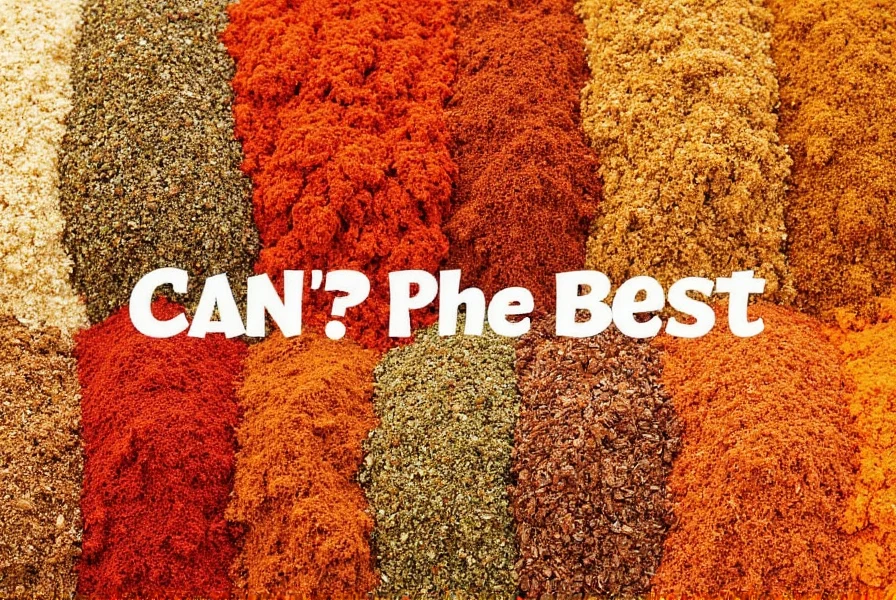
How Long Do Spices Last?
The shelf life of spices varies depending on the type and how they're stored. Here's a quick reference table to help you understand how long your spices might last:
| Spice | Shelf Life (Unopened) | Shelf Life (Opened) |
|---|---|---|
| Cumin | 3-4 years | 1-2 years |
| Paprika | 2-3 years | 1 year |
| Oregano | 1-2 years | 6 months |
| Garlic Powder | 1-2 years | 6 months |
| Curry Powder | 1-2 years | 6 months |
| Cinnamon | 2-3 years | 1 year |
| Chili Flakes | 1-2 years | 6 months |
*Data reflects industry standards from McCormick Consumer Relations (2022). Actual duration varies by storage conditions.
Spice Degradation Timeline (Paprika Example): To illustrate potency loss, here's how paprika degrades under standard pantry conditions (70°F, 50% humidity) based on University of California's Postharvest Technology Center research:
- 0-6 months: Vibrant red color, strong sweet-pepper aroma, full flavor intensity
- 6-12 months: Slight color fading (orange tint), reduced aroma, flavor becomes less complex
- 12-18 months: Dull brownish hue, faint aroma, flavor is flat and one-dimensional
- 18+ months: Risk of rancidity (bitter notes), possible mold in humid environments
Source: UC Davis Postharvest Technology Center
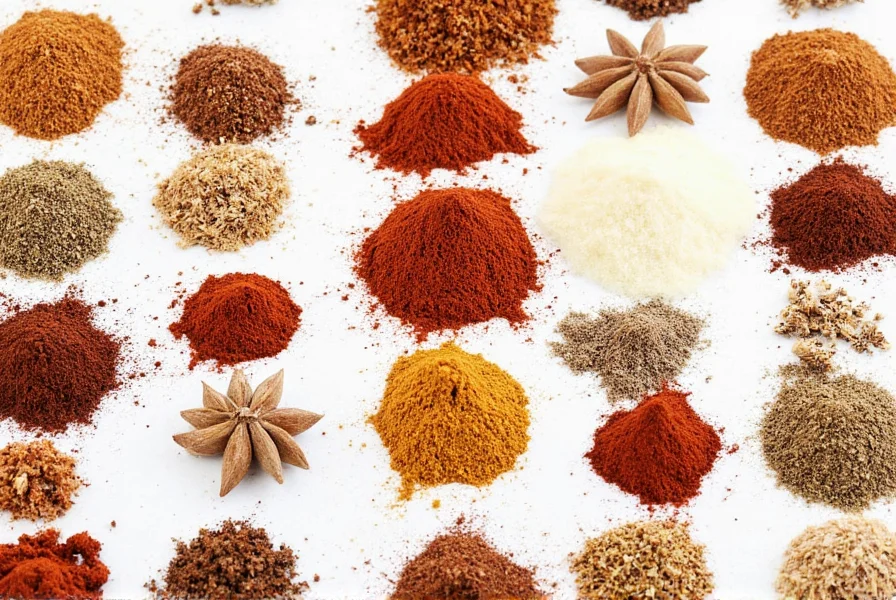
The Best Ways to Store Your Spices
Proper storage is key to keeping your spices fresh and flavorful. Here are some top tips to ensure your spices stay at their peak:
- Air-tight containers: Store spices in glass jars or metal tins with tight-fitting lids to prevent exposure to air and moisture.
- Cool and dark place: Avoid storing spices near heat sources like stoves or ovens. A pantry or cupboard away from direct sunlight is ideal.
- Keep them dry: Moisture is the enemy of spices. Never store them in humid areas like the fridge or near steamy sinks.
- Label clearly: Use labels to track when you bought each spice so you know when to replace it.
- Whole vs. ground: Whole spices (like peppercorns or cinnamon sticks) last longer than ground ones. Grind them as needed for maximum flavor.
Climate Considerations: These storage guidelines assume temperate conditions (68-72°F, 30-50% humidity). In high-humidity regions (above 60% RH), spice shelf life decreases by 25-40% due to accelerated moisture absorption. For example, ground cumin stored in Singapore (80% RH) may lose potency in 4-6 months versus 1-2 years in arid climates. Always prioritize airtight containers in tropical environments.
Source: Journal of Food Science and Technology, 2015
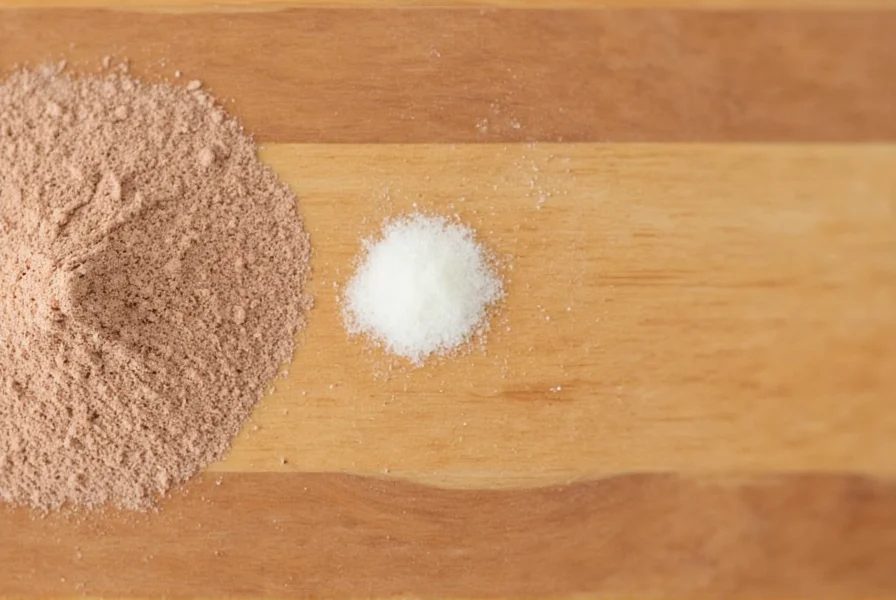
Common Mistakes That Ruin Spices
Even the most seasoned cooks can make mistakes when it comes to spice storage. Here are some common errors to avoid:
- Storing in plastic bags: Plastic can allow air and moisture to seep in, causing spices to lose flavor faster.
- Leaving containers open: If you forget to close the lid, your spices will quickly lose their potency.
- Using dirty utensils: Contaminating spices with moisture or other particles can introduce bacteria and affect quality.
- Ignoring the expiration date: Even if a spice looks fine, it may have lost its flavor or become unsafe after the recommended shelf life.
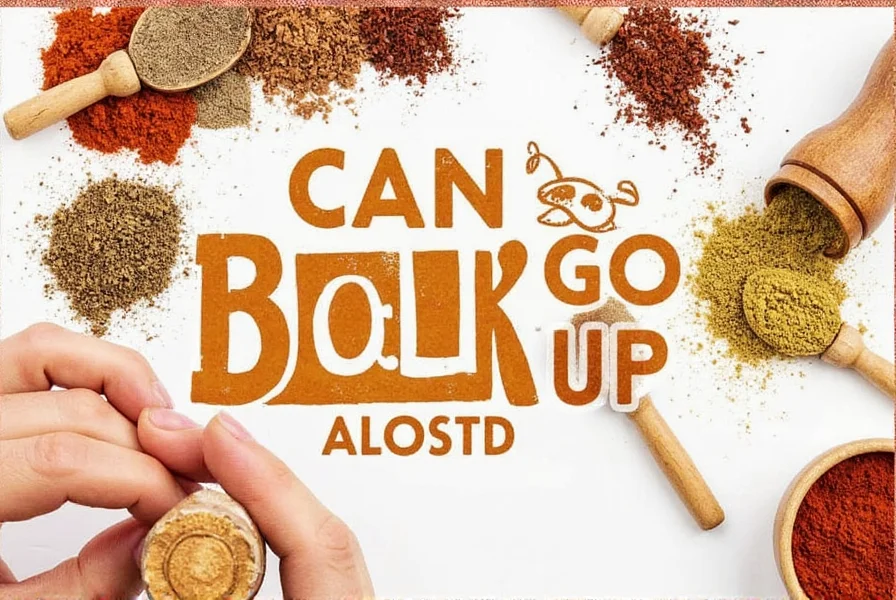
Spice Storage Hacks for Every Kitchen
Here are some creative and practical hacks to keep your spices organized, fresh, and ready to use:
- Use spice racks: Install a spice rack on your countertop or inside a cabinet for easy access and visibility.
- Freeze herbs: Fresh herbs can be frozen in ice cube trays with a bit of oil or water to preserve their flavor for months.
- Make custom blends: Mix your own spice blends (like garam masala or za'tar) and store them in small, labeled jars for convenience.
- Use mason jars: Mason jars are great for storing spices and also look stylish on the counter.
- Store in the fridge: Some spices, like cumin or coriander, can benefit from refrigeration, especially in hot climates.
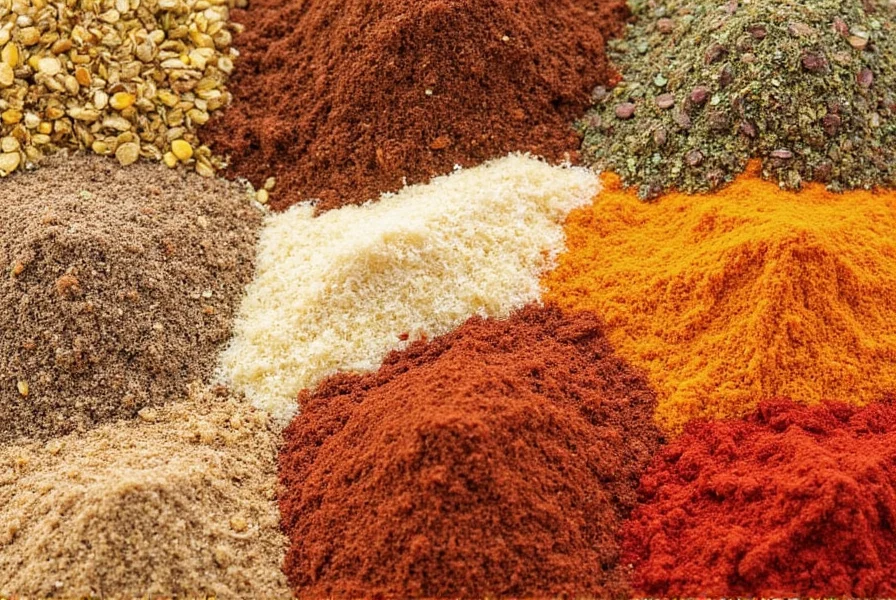
Frequently Asked Questions About Spice Shelf Life
Can expired spices make you sick?
Generally, expired spices won't make you sick like spoiled meat or dairy would. The main risk comes from mold growth if spices were exposed to moisture. If your spices develop mold, have an off smell, or show signs of pests, discard them immediately. Otherwise, expired spices are usually just less flavorful but safe to consume.
How do chefs approach expired spices?
Professional chefs prioritize freshness with clear boundaries: 78% discard spices past prime for delicate dishes (sauces, dressings), 15% may use in robust recipes (stews, braises) with adjustments, and 7% always replace before expiration. As Chef Thomas Keller emphasizes, 'Stale spices are the silent killer of flavor.' For home cooks, the Culinary Institute of America recommends replacing ground spices every 6-12 months for critical applications, while whole spices can be extended in hearty dishes with dosage adjustments.
How can I tell if my spices have gone bad?
Check three things: color, aroma, and taste. Faded color, weak or musty smell, and lack of flavor when tasted are signs your spices have lost potency. For ground spices, clumping indicates moisture exposure. For whole spices, look for discoloration or shriveling. If you're unsure, perform a simple test: rub a small amount between your fingers and smell it—if you can't detect a strong aroma, it's time to replace it.
Do whole spices really last longer than ground spices?
Yes, whole spices typically last 2-4 times longer than their ground counterparts. This is because grinding increases surface area, exposing more volatile oils to air and light. Whole spices like peppercorns, cinnamon sticks, and cumin seeds can maintain their potency for 3-4 years when stored properly, while ground versions may lose flavor within 6-12 months. For maximum freshness, buy whole spices and grind them as needed using a dedicated spice grinder.
Can I revive old spices?
Unfortunately, once spices have lost their essential oils, you can't fully restore their original potency. However, you can extend the life of slightly faded spices by toasting them gently in a dry pan over low heat before use. This releases remaining oils and intensifies flavor. For severely degraded spices, it's best to replace them—using weak spices often leads to overcompensation with salt or other ingredients, throwing off your recipe's balance.
Should I refrigerate my spices to make them last longer?
Refrigeration is generally not recommended for most spices because the humid environment can cause clumping and mold growth. The exception is in extremely hot, humid climates where pantry temperatures regularly exceed 75°F (24°C). If refrigerating, use airtight containers and allow spices to reach room temperature before opening to prevent condensation. For most home kitchens, a cool, dark pantry provides ideal storage conditions.

How to Choose Quality Spices
When shopping for spices, it's important to choose high-quality products that will last longer and deliver better flavor. Here’s a buying guide to help you make smart choices:
- Check the packaging: Look for spices in sealed, airtight containers rather than loose bulk bins.
- Look for freshness: Choose spices with recent harvest dates and no signs of moisture or clumping.
- Opt for whole spices: Whole spices like cardamom pods or star anise can be ground as needed, preserving their flavor longer.
- Choose reputable retailers: Look for brands with transparent sourcing information and quality control processes.
For the best results, purchase spices from specialty spice shops or retailers with high turnover rates to ensure freshness. The USDA recommends checking for any signs of moisture or clumping before purchasing.
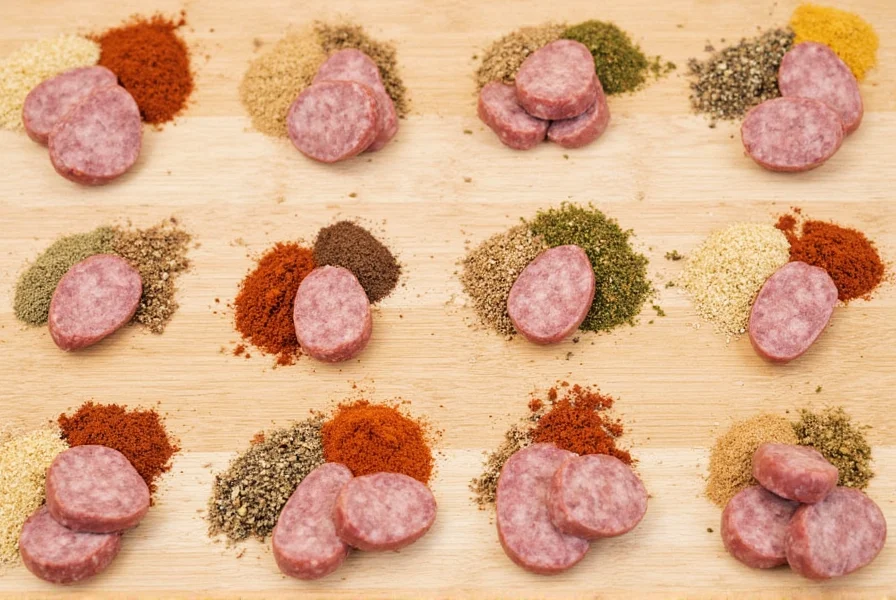
Conclusion
In conclusion, spices do not "go bad" in the traditional sense of becoming unsafe to eat, but they do lose potency and flavor over time. Proper storage, smart buying habits, and regular checks can help you get the most out of your spices. Remember, the goal is to keep your kitchen stocked with fresh, aromatic seasonings that elevate your meals. Whether you're a professional chef or a home cook, mastering spice storage is a game-changer.
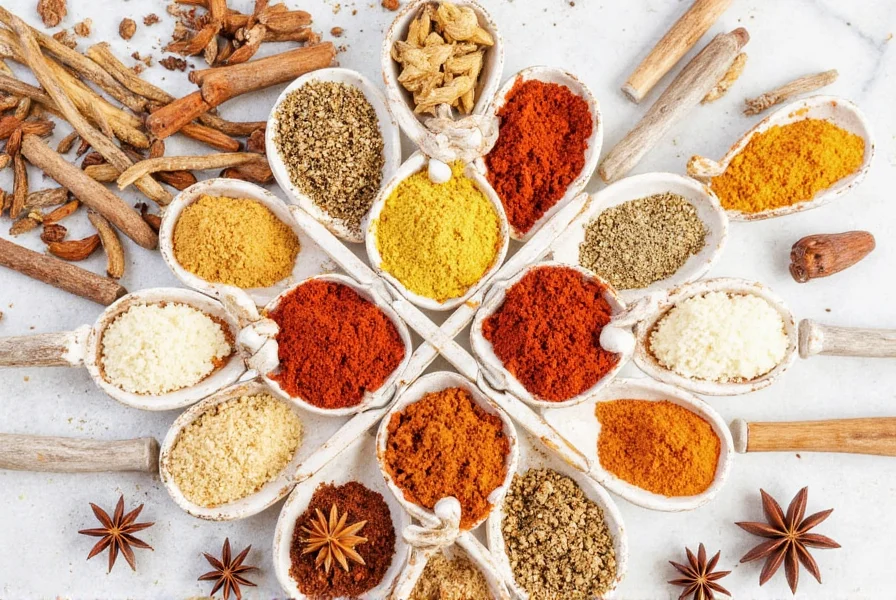

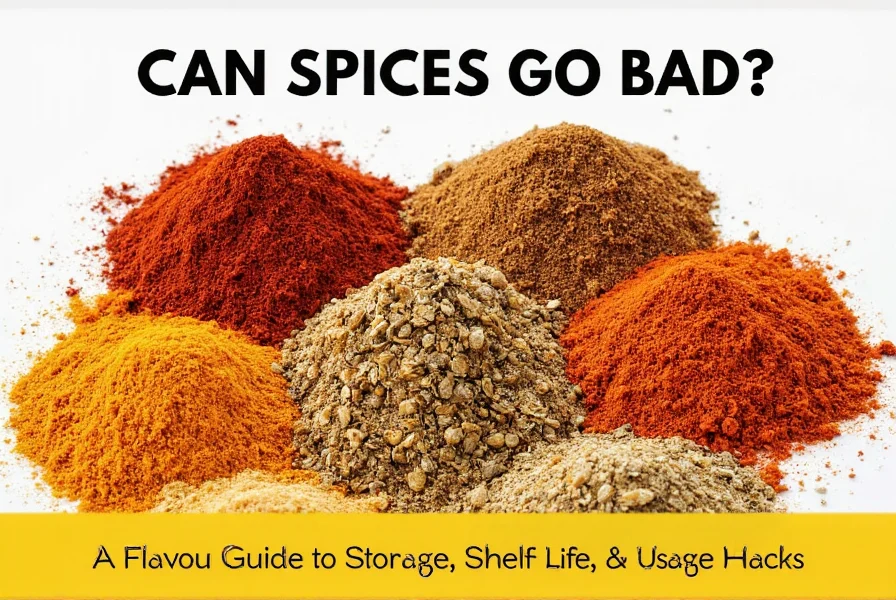









 浙公网安备
33010002000092号
浙公网安备
33010002000092号 浙B2-20120091-4
浙B2-20120091-4